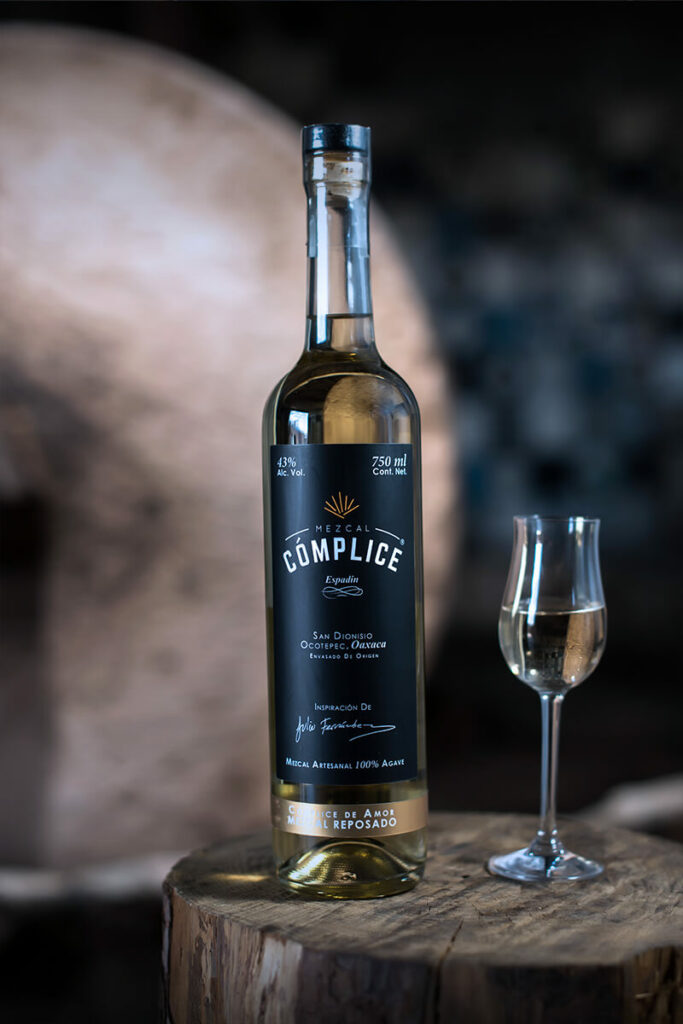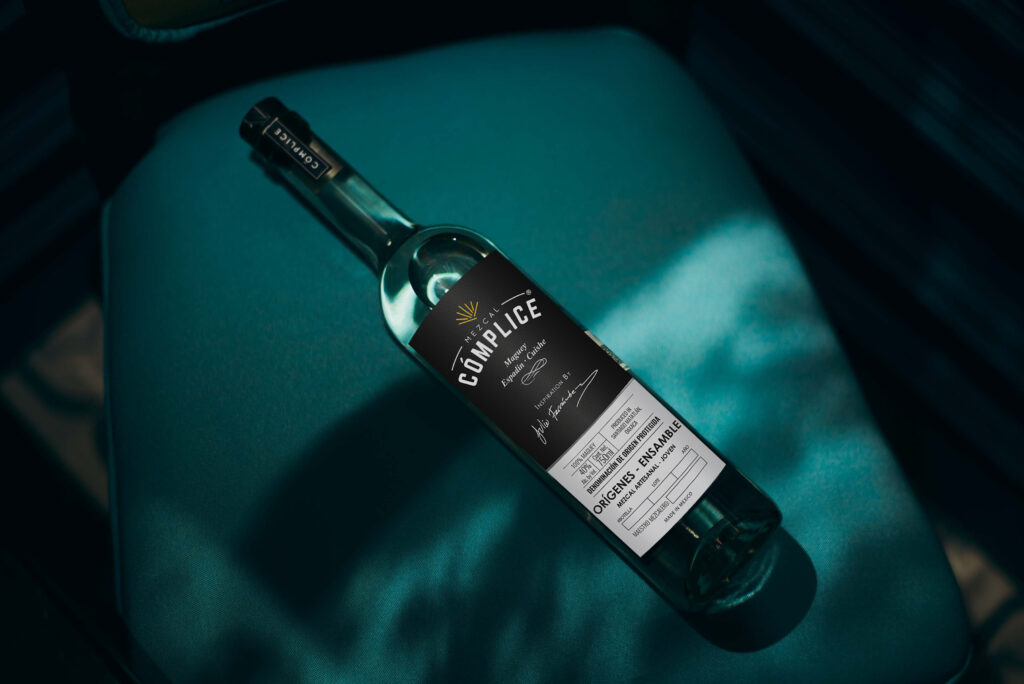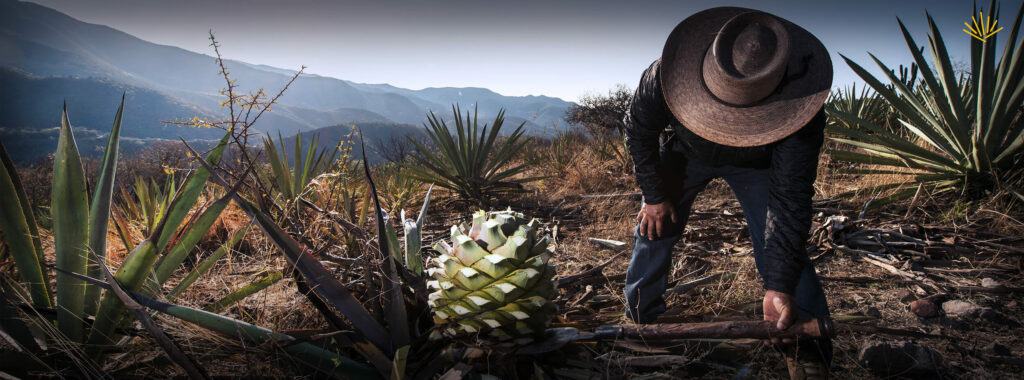When we think of premium spirits, whiskey and cognac often come to mind. But what if we told you that mezcal, Mexico’s iconic agave distillate, is just as sophisticated and complex? Mezcal shares characteristics with the finest Scotch whiskies and French cognacs, making it a contender for one of the world’s most prestigious spirits. Let’s dive deep into what makes mezcal an equal—if not superior—alternative to these globally renowned drinks.

Read more: Let’s Go Get Some Mezcal!
Understanding the Complexity of Distillates
What Makes a Distillate World-Class?
For a spirit to be considered top-tier, it must have:
- A distinctive and complex flavor profile
- A rich history and cultural significance
- A meticulous production process
- A designation of origin (DO) to protect authenticity
Mezcal meets all these criteria, standing proudly alongside whiskey and cognac.
Mezcal vs. Whiskey vs. Cognac: A Comparative Look
Raw Materials
- Mezcal: Made from more than 40 species of maguey (agave), each imparting unique flavors.
- Whiskey: Uses grains like barley, corn, rye, and wheat.
- Cognac: Made from three types of grapes (Ugni Blanc, Folle Blanche, and Colombard).
Terroir and Denomination of Origin
Mezcal boasts the largest denomination of origin in the world, covering over 500,000 square kilometers across nine Mexican states (Oaxaca, Durango, Guerrero, Guanajuato, Michoacán, San Luis Potosí, Puebla, Tamaulipas, and Zacatecas). Morelos and the State of Mexico are also in the process of legal recognition.
In contrast:
- Whiskey’s DO is limited to Scotland, Ireland, and select U.S. states.
- Cognac’s DO is restricted to the Cognac region in France.
Distillation Methods
- Mezcal: Can be produced in three ways: ancestral, artisanal, and industrial. The first two methods honor tradition and cultural heritage.
- Whiskey: Distilled in copper pot stills or column stills.
- Cognac: Uses the Charentais alembic still.
Aging Process
Aging plays a crucial role in developing flavors:
- Mezcal: Can be joven (unaged), reposado (aged 2-12 months), añejo (aged over a year), or abocado with added flavors.
- Whiskey: Must be aged in oak barrels for a minimum of three years.
- Cognac: Must be aged in Limousin oak for at least two years.
The Influence of Terroir on Mezcal’s Flavor Profile
Each region where mezcal is produced contributes unique characteristics due to:
- Different soil types (volcanic, clay, limestone, etc.)
- Varied climates (humid, arid, temperate)
- Altitude differences, which affect agave sugar content and fermentation
Why Mezcal Stands Out as a Premium Spirit
Unlike whiskey and cognac, mezcal offers an unmatched diversity of flavors due to its multiple agave varieties and handcrafted production. Some mezcal expressions feature:
- Smoky, earthy notes from underground pit roasting
- Floral, herbal, and fruity undertones depending on the maguey used
- Mineral-rich characteristics from distinct terroirs
Mezcal Cómplice: Honoring Tradition and Quality

At Mezcal Cómplice, we take pride in our Oaxacan roots, particularly in San Dionisio Ocotepec, a region known for its exceptional mezcal. Our commitment to artisanal production ensures that each bottle captures the soul of agave, preserving centuries-old traditions while delivering an unparalleled drinking experience.
Mezcal is not just a drink; it’s a story of culture, craftsmanship, and deep-rooted tradition.
With its rich complexity, diverse flavor profiles, and artisanal production methods, mezcal deserves recognition as one of the world’s finest spirits, right alongside whiskey and cognac. Next time you’re looking for a truly unique and premium distillate, reach for mezcal—it’s an experience worth savoring.
Read more: Mezcal Classification: Agave, Aging, or Elaboration Process
